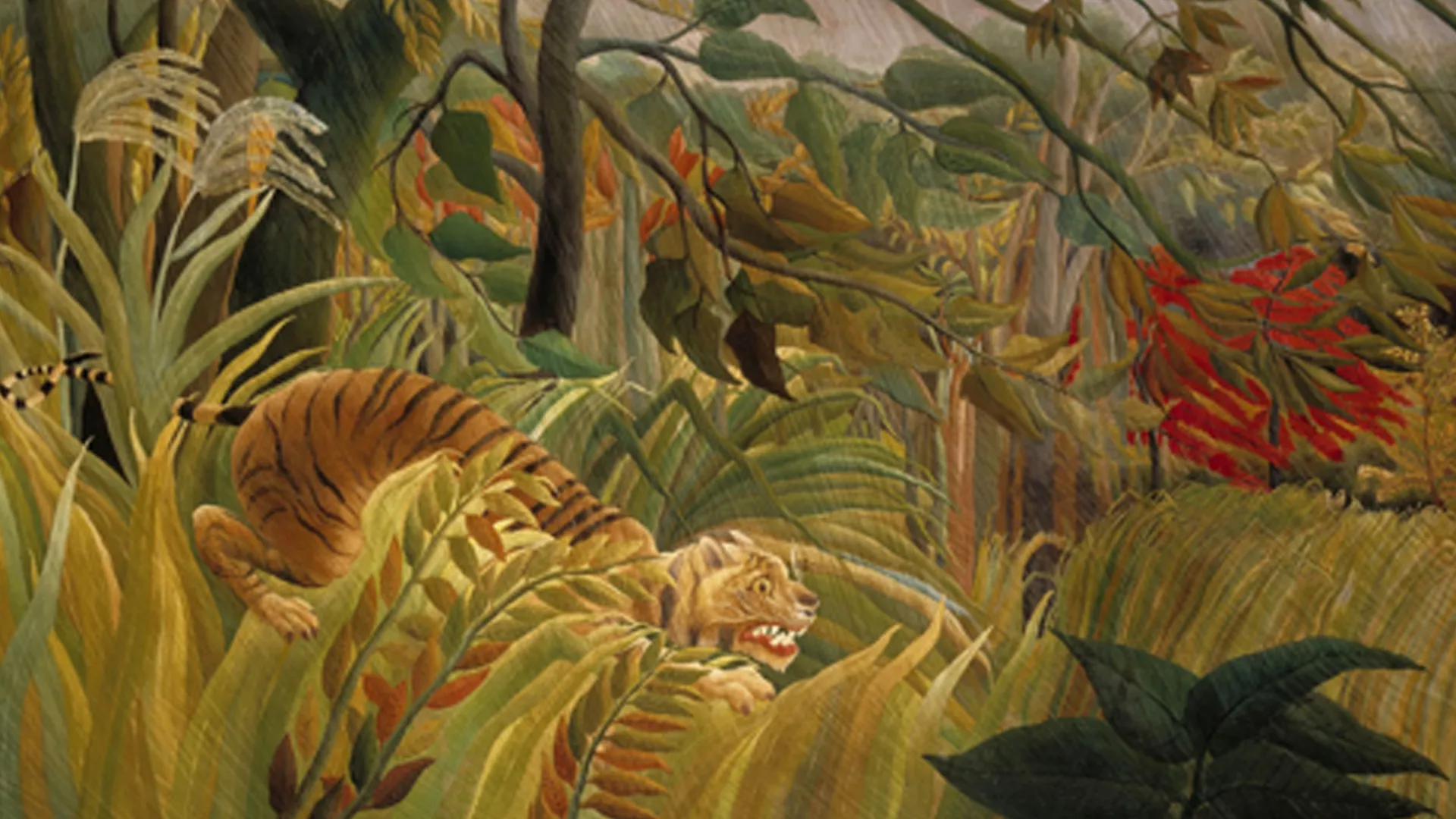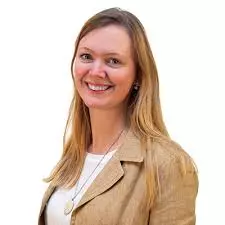
Biodiversity: Beyond Economic Value
Often when I’m asked to make the case for biodiversity conservation, I argue in terms of its economic value. However, when people ask why I became a conservationist, I find myself giving a different answer: “I grew up in a village with beautiful forests and night skies; I remember being spellbound the first time I saw a chick hatch.” This hints at a value of biodiversity beyond economics: an intrinsic value.
Economic value of biodiversity
Nature gives us air, water, food, health and more – what we call ecosystem services. More than one in 10 of the drugs considered “essential” by the World Health Organization originated in flowering plants. Childhood leukemia is treated with drugs derived from the Madagascar periwinkle, and the progression of Alzheimer’s disease is slowed with an alkaloid first extracted from snowdrops. The World Economic Forum estimates that over half of global GDP depends on nature. Yet the world spends US$1.8 trillion annually on environmentally harmful subsidies. A 2022 study found that pollution is responsible for one in six human deaths. The good news is that transitioning to a more nature-positive economy could generate US$10.1 trillion in annual business value and create 395 million jobs by 2030.
I don’t doubt the value and use of economic arguments. But thinking about biodiversity only in these terms poses risks. It can crowd out our intrinsic motivations with monetary incentives, and promote mechanisms that do not fairly represent all the stakeholders’ interests or values.
Spiritual, social and aesthetic value
The spiritual value of ecosystems is reflected in many religions: from Islam’s view of humankind as stewards of nature, to the plants and animals encouraged in Anglican churchyards. Nature enchants artists, who in turn create another realm of beauty. Painter Henri Rousseau claimed to have “no teacher other than nature.”
We enjoy nature’s recreational value every time we go hiking, sailing or birdwatching. As little as two hours per week in nature improves attention, lowers stress, reduces risk of psychiatric disorders, and fosters hedonistic and eudaimonic well-being. It even increases empathy and cooperation.
Losing nature triggers a range of mental problems. Fifty-seven percent of psychiatrists in England report seeing children and young people with eco-anxiety. As in many aspects of the climate and biodiversity crisis, marginalized people are often hardest hit: from the sense of loss experienced by Indigenous Peoples and Local Communities who see their environment and lifestyle destroyed, to the trauma associated with extreme climate events.
Beyond anthropocentric value: the intrinsic value of biodiversity
Nature and biodiversity don’t merely exist for or through us. Their value, independent of human perception and opinion, cannot be adequately captured by financial methods. This intrinsic value is recognized by several international declarations, including the Bern Convention and the Convention on Biological Diversity.
What if we lose our ability to feel that intrinsic value? We can only love what we know. 80% of Americans – under light-polluted skies – can no longer see the Milky Way. As we become more distanced from nature and environmental degradation worsens, we lower our thresholds for what we perceive as an acceptable environmental state, and each generation accepts a worse “normal.” This shifting baseline syndrome is a fundamental barrier to environmental action.
Watch “Let’s make peace with nature”, the call of Susana Muhammad, Minister of Environment and Sustainable Development of Colombia.
A way forward
Intrinsic and anthropocentric valuations of biodiversity might be reconciled, if we could see ourselves as part of the ecosystem – maybe taking inspiration from what the Māori call mauri, or what psychologists call “nature connectedness.” Or just acknowledge that what hurts nature, hurts us.
Businesses can broaden their traditional economic value lens, through a more consultative process that adopts worldviews from different stakeholders including minorities, women and Indigenous Peoples. The Capitals Coalition already offers an international standardized framework for fairer valuation, to include benefits to humans than go beyond the economic.
Interdisciplinary approaches can help reveal nature’s intrinsic value. David Attenborough’s documentaries have brought millions of people closer to nature. The Cambridge Conservation Initiative Arts, Science and Conservation Programme fosters interdisciplinary collaborations to amplify the message of nature conservation. Business schools can also encourage crossover not only with Biology, but also with seemingly unrelated fields such as Philosophy and Theology.
And, sometimes, nothing beats a forest walk. During my MBA at INSEAD, I organized a walk for students in the nearby forest during the stressful exam weeks. People remarked how nice the forest smelled, and how prettily the light shone through the leaves. Some told me it was their first visit. Coming from urban environments, they had felt uncomfortable venturing into even a well-mapped forest. Of course, I understood: as a country bumpkin, I easily get lost in cities.
Sharing our experiences can open a realm of nature value to others. We protect what we experience and understand; we need to create the emotional connection and the economic means while there is still a little time left.
Speakers
Elisa Dierickx (INSEAD MBA ‘21J) is an associate at SYSTEMIQ Ltd, a systems change company that partners with business, finance, policy-makers, and civil society to make economic systems sustainable.
She studied biology at Harvard and holds a PhD in Zoology from the University of Cambridge, where her research focused on the genetics of the Raso lark, a rare bird only found on the tiny island of Raso in Cabo Verde. Dierickx and colleagues set up the NGO Fundação Maio Biodiversidade (FMB) on Maio Island in Cabo Verde, a multi award-winning nature conservation organisation that recently celebrated its 10th anniversary. In addition, she has served as Eurasia Programme Development Manager at Fauna & Flora International, the world’s oldest international wildlife conservation organisation.
Dierickx received the inaugural Alumni Change Maker Award from the Financial Times for her work with INSEAD bringing the story of Fundação Maio Biodiversidade and Maio Island into the INSEAD MBA classroom.

Stay updated
Register to InTent newsletter to stay informed on our programmes, events and latest news